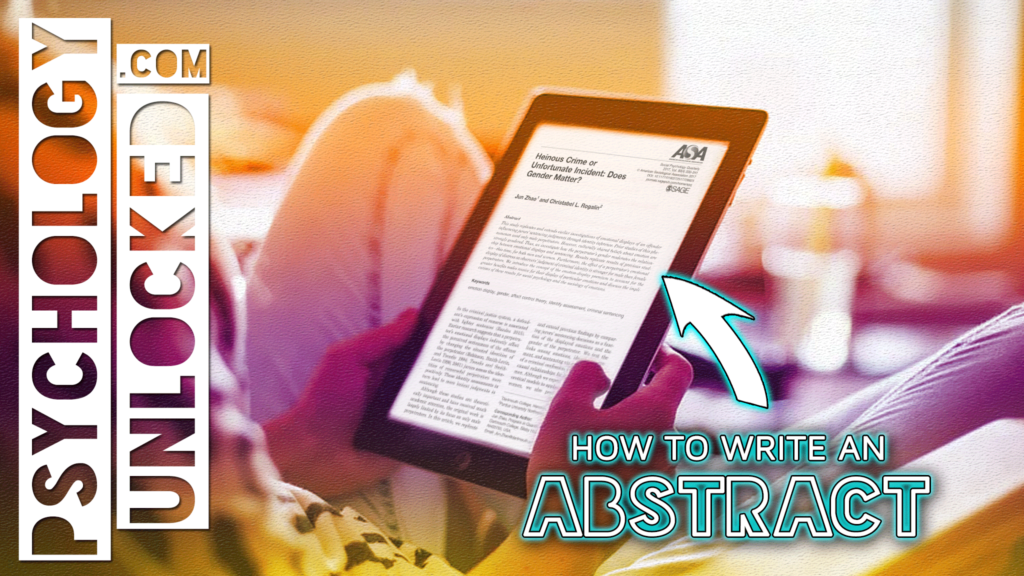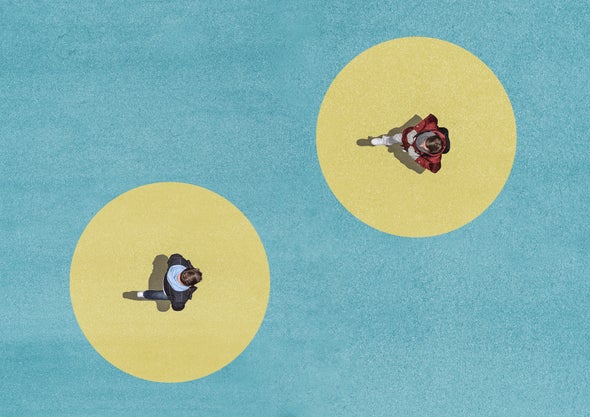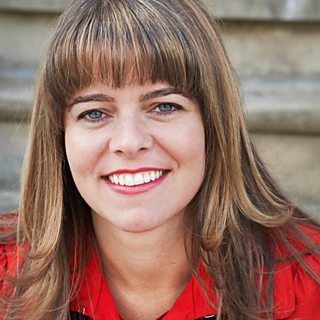
This issue of PsyZine was published on 12 June 2020
Staying Positive
Recently I’ve been getting into podcasts. It started with the accidental discovery that my phone has a podcast app, and now I’ve subscribed to more podcasts than I will every have the time to listen to!
One podcast that I’m really enjoying is The Happiness Lab Podcast, by Yale University’s Dr Laurie Santos. The episodes are around half an hour and each one brings together experts in the field of positive psychology.
Dr Santos introduces lots of current research that you can incorporate into your essays. She also demonstrates plenty of useful applications of the research, which you can use in the “real world” too!
Thanks for subscribing to PsyZine. If you have any feedback, or you’d like to share something you’ve written please do get in touch – just hit reply!
In this issue
- Video: What is an abstract and how do you write one?
- Exclusive Article: Is positive psychology hippy-dippy-doo-da?
- Read More: Interesting Links
- Book of the Week: Subliminal: How You Unconscious Mind Rules Your Behavior
- Interview: Dr Colin Ellard, cognitive neuroscientist
- Read More: Interesting Links
This Week’s Video: How to Write An Abstract

Arguably the most important part of your research paper, and almost definitely the most difficult part to write well. Our latest video goes through exactly what’s required, with a really great example. If you are conducting an EPQ Project or starting your dissertation, watch this!
Is Positive Psychology Hippy-Dippy-Doo-Da?
Daniel Edward discovers the “seriousness” of positive psychology.
It wasn’t until my fifth year of studying psychology – the final year of my degree – that I came across positive psychology and, I’ll be honest, I almost didn’t return for the second lecture.
Unlike now, most people hadn’t heard of “Mindfulness” or other positive psychology interventions unless they were closely involved in the field.
I remember having a very genuine conversation with a friend about whether we’d be better off using our time to work on more “serious stuff” instead of returning for the rest of the lecture series.
Fortuitously, we decided that we should complete the lecture series, so I added “Hippy-Dippy-Doo-Da” to my weekly planner and headed off to complete the serious business of checking out the second hand book stall at the market.
So, was I right to question the seriousness of positive psychology?

Discover Your Character Strengths
This is a fascinating – albeit long – article from the archives of The Atlantic, delving into the social psychology of crime and how neighbourhoods rise and fall as one.

Research has found that the closer you are to achieving a goal, the more motivated you become. Sounds like there’s a scientific basis of last minute cramming there…!
Book of the Week: Subliminal: How Your Unconscious Mind Rules Your Behavior
This book has nothing to do with subliminal messaging! Regardless of it’s slightly teasing title, Leonard Mlodinow’s book on the power of the unconscious mind is a brilliant read.
Subliminal is especially worth the read if you want to explore the overlap of Psychology with the traditional “natural sciences” as Mlodinow is himself a Quantum Physicist (think Big Bang Theory on TV!) and even co-authored books with Stephen Hawking.
Interview: 60 Seconds With…
Colin Ellard is a Cognitive Neuroscientist at the University of Waterloo, where he is the Director of its Urban Realities Lab.
He is the author of Places of the Heart and You Are Here: Why We Can Find Our Way to the Moon, But Get Lost in the Mall which explore how people are influenced by and interact with the spaces around them.
“I’ve always been interested in finding unusual and unexpected connections between things, so I guess I’m a born interdisciplinary researcher!”
His research draws together neuroscience, psychology, architecture and design to understand the impact of urban design on our psychology.
You can follow Dr Ellard on Twitter (@whereaminow) and on Facebook. For more information, his website is colinellard.com.

Children are more likely to intervene when theyy see anti-social behaviour than adults are. New research!

Cultural Differences in Social Distancing Anxiety
Scientific American argues that there is an East-West divide in terms of anxiety experienced as a result of social distancing.

BBC’s All In The Mind – New Series
Claudia Hammond is back with a new series of All In The Mind. First episode features developmental psychologists discussing how children view maths and time.

